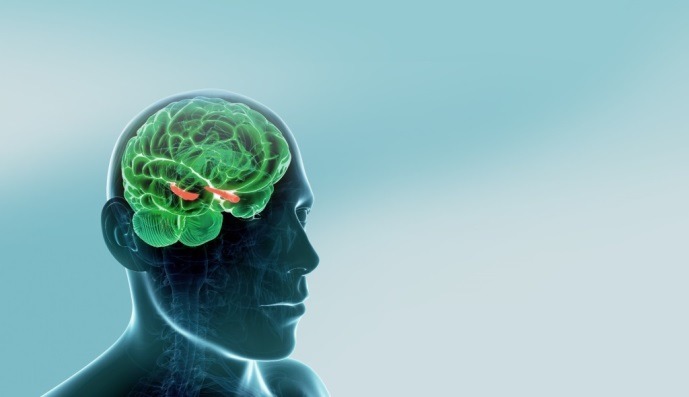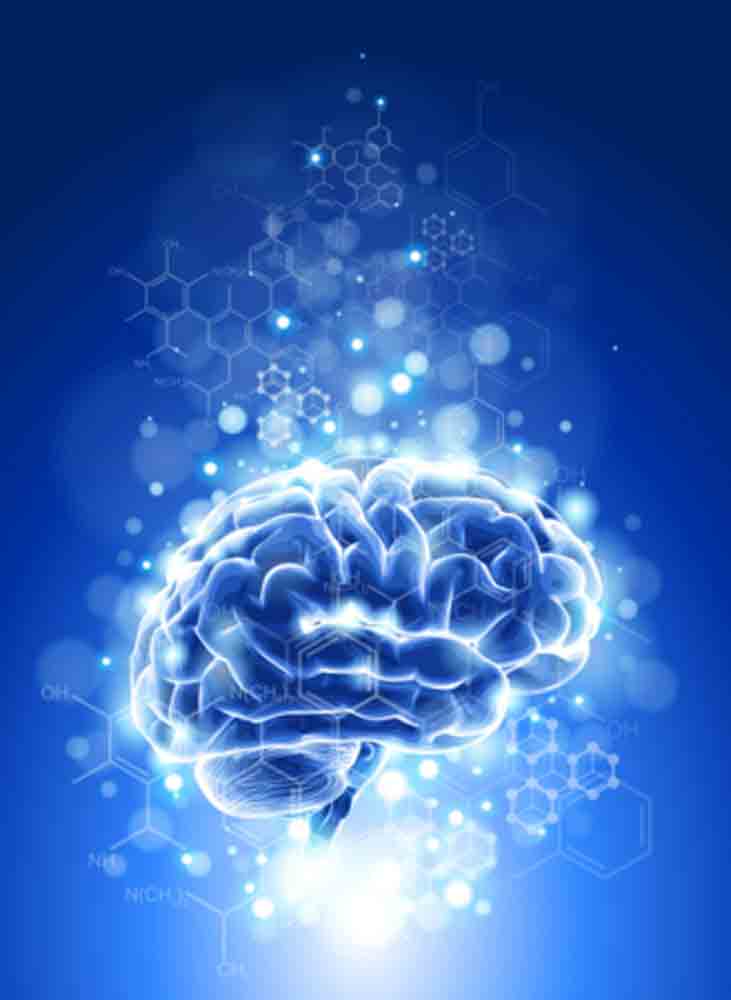Posts Tagged ‘BDNF’
Study: Playing board games like Chess, Mahjong, Go, helps slow cognitive decline as we age (but with clear differences in neurobiology and improved function)
Playing Board Games May Slow Cognitive Decline, Improve QoL (Medscape): Playing chess or other board games slows cognitive decline and improves quality of life in older patients, results of a new systematic review suggest. … After searching the published literature, Pozzi and his colleagues selected 15 studies for the review. The studies assessed the impact…
Read MorePromote brain plasticity and keep your mind at ease by taking your daily “exercise pill”
As with many other physicians, recommending physical activity to patients was just a doctor chore for me – until a few years ago. That was because I myself was not very active. Over the years, as I picked up boxing and became more active, I got firsthand experience of positive impacts on my mind. I…
Read MoreCan you grow your hippocampus? Yes. Here’s how, and why it matters
. A pair of thumb-sized structures deep in the center of the human brain are critical for our ability to learn and remember. Thanks to their shape, each of them is called hippocampus — which means seahorse in Greek. These brain areas have the unique capacity to generate new neurons every day. In fact, recent human…
Read MoreWhy Scientific Literacy and Learning Enhance Brain Function and Neural Health
Often in discussing health related findings with non-scientists, I’ve found that scientific literacy in the general population tends to be inadequate for evaluating scientific claims. A surprising number of people are reluctant to study science despite the potential to benefit from the vast amount of useful knowledge being accumulated by scientists. Neil DeGrasse Tyson discussed a similar…
Read MoreResearch: How Exercise Benefits the Brain
How exercise affects the brain, scientists in Ireland recently asked a group of sedentary male college students to take part in a memory test followed by strenuous exercise.
Read More5 Tips on Lifelong Learning and Neuroplasticity for the Adult Brain
. Learning & the Brain is a conference that gets marked on my calendar annually because I always return home having either been exposed to new information, or with a new perspective on an old topic. Last month’s conference in Cambridge, MA, themed Using Emotions Research to Enhance Learning & Achievement, was no exception. As…
Read More




